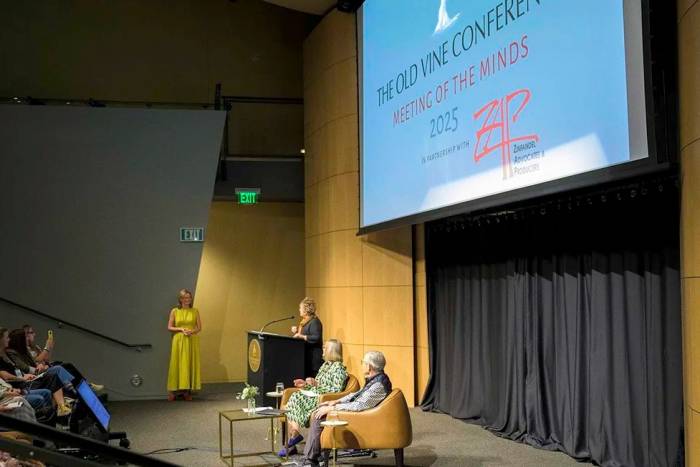Over 400 Experts From 14 Countries Unite in California to Save Historic Old-Vine Vineyards
Global conference spotlights economic hurdles, labeling debates, and the struggle for old-vine wines to gain market recognition
2025-11-17

More than 400 wine professionals, growers, and researchers from 14 countries gathered in California for the first international Old Vine Conference, a five-day event focused on the urgent need to protect historic vineyards. The conference, which took place across Napa, Sonoma, and Lodi, brought together 39 speakers from 10 countries and featured tastings of over 250 old-vine wines. The event was organized by The Old Vine Conference, a group dedicated to preserving old vineyards and raising awareness about their value.
The gathering highlighted several challenges facing old-vine wines today. Economic pressures were a recurring topic, as speakers noted that old-vine wines often come with higher farming costs and do not always fit into the most commercially popular categories. Many participants pointed out that these wines struggle for visibility in a crowded market. Sarah Abbott MW, co-founder of The Old Vine Conference, said that convincing retailers and restaurants to categorize wines by vine age remains difficult. She emphasized the importance of consumer spending choices in supporting these historic vineyards.
Retailers at the conference shared that while they try to highlight old-vine wines, most customers are more interested in origin and price than vine age. Scott Stewart, general manager at Skurnik Wine, explained that information about old vines is usually provided as part of the sales pitch rather than being a primary selling point.
Labeling was another topic of debate. Some suggested certification stickers for old-vine bottles could help raise awareness, but others argued that adding stickers creates extra work for retailers. Peter Granoff MS, co-proprietor of Ferry Plaza Wine Merchant in San Francisco, said he would prefer to see an old-vine logo incorporated directly into wine labels. He noted that clear labeling can influence customer choices but added that few people specifically ask for old-vine wines unless they are looking for Zinfandel.
Research presented by Christian Miller of the Wine Market Council showed a gap between how the trade and consumers perceive old-vine wines. Miller said that while vine age is rarely the main reason someone buys a wine, it can be an important secondary factor in making a decision.
In California, the image of old vines is closely tied to Zinfandel. Morgan Twain-Peterson MW, president of the Historic Vineyard Society and owner of Bedrock Wine Co., said this association presents challenges because Zinfandel has a price ceiling in the market. He explained that his company sells most of its wine directly to consumers, allowing for more direct communication about the value of old vines.
Tegan Passalaqua, winemaker at Turley and co-founder of the Historic Vineyard Society, called on the trade and media to help change perceptions about Zinfandel and promote more inclusive messaging around sustainability and heritage. He stressed the importance of meeting consumers where they are comfortable rather than shaming them for their choices.
Throughout the conference, speakers agreed on the need for better knowledge sharing at the point of sale to increase engagement with old-vine wines. They also discussed ways to build a stronger international community among producers, educators, researchers, and media.
Rebecca Robinson, executive director of Zinfandel Advocates & Producers (ZAP), said hosting the global old-vine community in California was an honor and praised the exchange of knowledge during the event. Organizers hope that increased collaboration across regions and generations will help secure the future of historic vineyards worldwide.
The Old Vine Conference plans to continue its mission with future events and ongoing efforts to raise awareness about the importance of preserving old vines. More information is available on their website.
Founded in 2007, Vinetur® is a registered trademark of VGSC S.L. with a long history in the wine industry.
VGSC, S.L. with VAT number B70255591 is a spanish company legally registered in the Commercial Register of the city of Santiago de Compostela, with registration number: Bulletin 181, Reference 356049 in Volume 13, Page 107, Section 6, Sheet 45028, Entry 2.
Email: [email protected]
Headquarters and offices located in Vilagarcia de Arousa, Spain.